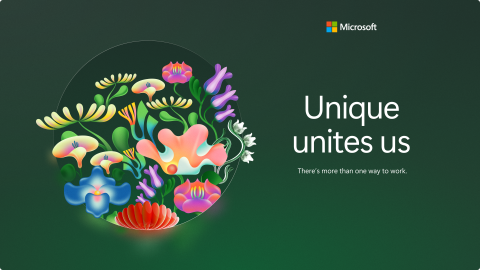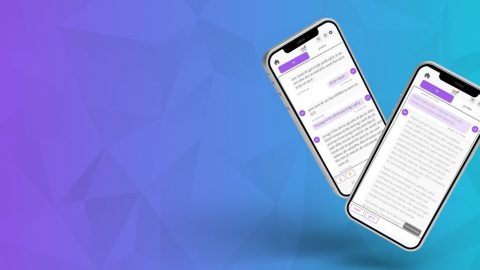2012 Paralympic Games: A Spectacular Celebration of Ability
The following blog post was written by Ellen Kampel, Public Relations Manager for Accessibility at Microsoft. Nearing her 25 year mark at Microsoft, Ellen holds a Masters in Social Work (MSW) and works on technology issues related to aging and people with disabilities.
—
While traveling to England to attend a family wedding and visit with my cousins in northwest London, I had the opportunity to experience the city along with its residents. I experienced Londoners’ exceptionally good cheer, unseasonably sunny weather, and was struck by the overwhelming support residents showed for the Paralympic sporting events. The city couldn’t get enough of the Paralympic activities. The Olympic Park was packed every day with athletes and spectators, and the events sold more tickets than any other Paralympics in history.
For me, the Paralympics games in London 2012 showcased the power of individual ability. 4200 athletes, representing 165 countries competed in 20 sports, including wheelchair tennis, wheelchair rugby, swimming and archery. All around me locals were as enthusiastic of the Paralympic events as they had been with the Olympics. I noticed palpable excitement as I moved throughout the city, and in every corner of daily life – from the cashier at the grocery store, the chatter at a neighboring table at a restaurant, to the hair stylist across the way – all buzzing with conversation about a recent or upcoming race. “Did you see Pistorius run the 400? Did you watch the American archer with no arms who won silver? Did you hear about the controversy over ‘techno-doping’?”
My British family, being sports minded, had the Paralympics coverage streaming nonstop into their living room throughout my stay. The DVR was set to record competitions to be reviewed and enjoyed again. My cousins knew all the names of the British athletes and cheered proudly during the competitions. The enthusiasm and excitement held all the passion typically reserved for the World Cup. Caught up as I was in the fervor, I was disheartened to hear that my American friends back home lost out on the experience because Paralympic coverage back in the states was practically non-existent.
Technology was ubiquitous throughout the events, kicking off with the digital voice synthesizer used by physicist Stephen Hawking to deliver his remarks during the opening ceremonies. While sporting competitions typically exemplify breaking barriers and maximizing abilities, the Paralympics also challenged spectators to reconsider the way they think about disability itself. For me, the atmosphere was exhilarating, and resonated with my own work at Microsoft with people with disabilities. In my work, I experience first-hand how assistive technology can augment a person’s abilities in order to provide more personalized ways to interact with technology and remove barriers. For example, if a person has no hands, perhaps a foot mouse will work best for them. Or for a person with no hands or no feet, there are input devices that track eye movements or even tongue movements.
Central to my work at Microsoft is the idea that every individual has a unique opportunity to interact with their environment and make a mark. Determination, skill, and drive are what matters. Nowhere was this more evident than the London 2012 Paralympic games. Like accessible technology, the sporting events provided tangible proof of the capacity of humans to adapt and achieve on the basis of what they CAN do. The outcome is nothing short of spectacular.







